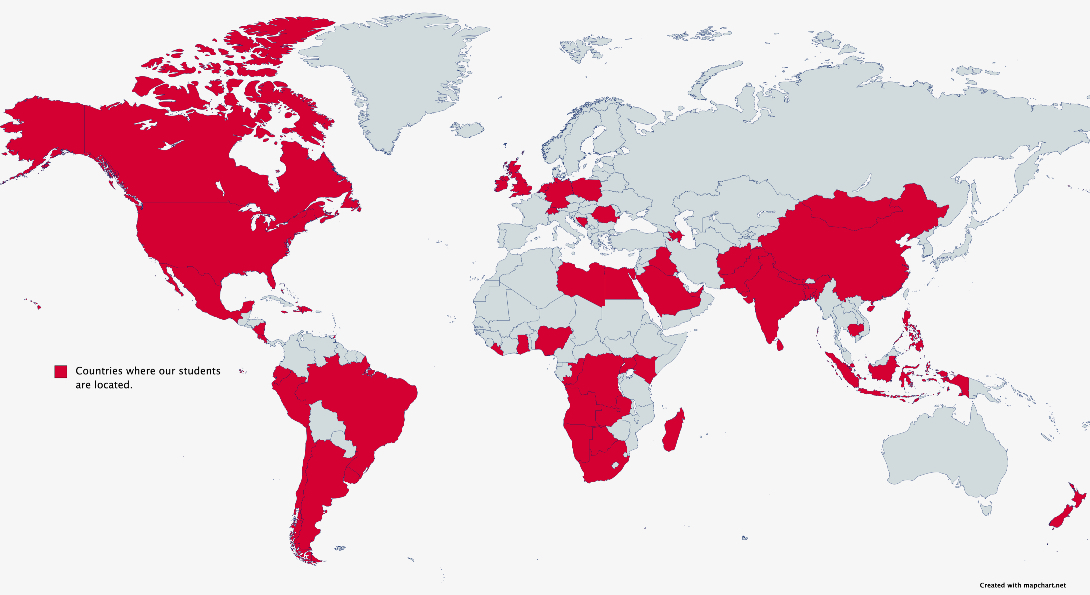Global Program in Occupational Health and Hygiene Practice

Register for the 2021-22 course
About the program
Training in occupational health is limited across the globe. Generally, trainings have been limited to lengthy programs in developed countries, like medical residencies and masters degrees. These programs are often expensive, difficult to earn admission to, not applicable globally, require time away from work and family and contribute to “brain drain” from developing countries.
The Collaborating Center’s Global Program in Occupational Health and Hygiene Practice provides occupational health and safety education to professionals worldwide who do not have easy access to occupational medicine, hygiene and safety training. This completely online training improves access and maximizes interaction between students and instructors. The course aims to:
- Evaluate and manage physical, chemical, biological, ergonomic, psychosocial hazards at work
- Identify, evaluate, prevent, and manage occupational illnesses and injuries
- Plan and evaluate intervention programs to control exposure to hazardous substances
Tracks and courses
-
Occupational health practice
For physicians and nurses who deliver occupational health services in companies, NGOs or governments.
Courses
- Foundations of occupational safety, health and hygiene practice
- Occupational medicine and medical surveillance
- Management of occupational health programs
-
Occupational hygiene practice
For engineers, managers, & technicians who deliver safety & hygiene services in companies, NGOs or governments.
Courses
- Foundations of occupational safety, health and hygiene practice
- Occupational hygiene and engineering risk control
- Management of occupational health programs
About our students

Our students are generally:
- Healthcare workers who manage occupational injuries/illnesses and programs in the workplace and among their working patients
- Human resources personnel
- Environmental health managers
- Health and safety officers
- Government health ministers
- NGO employees with concern about labor and environment
